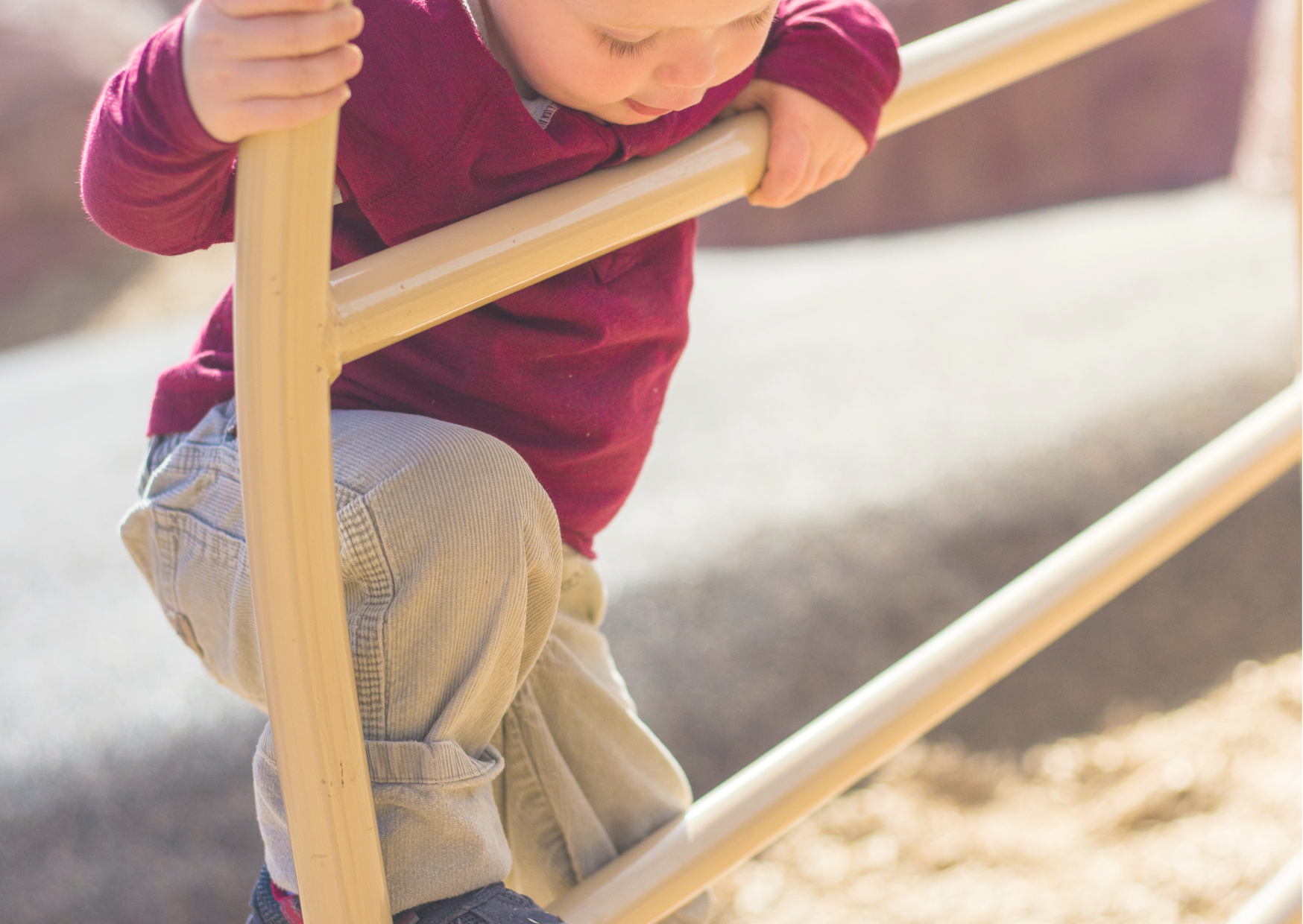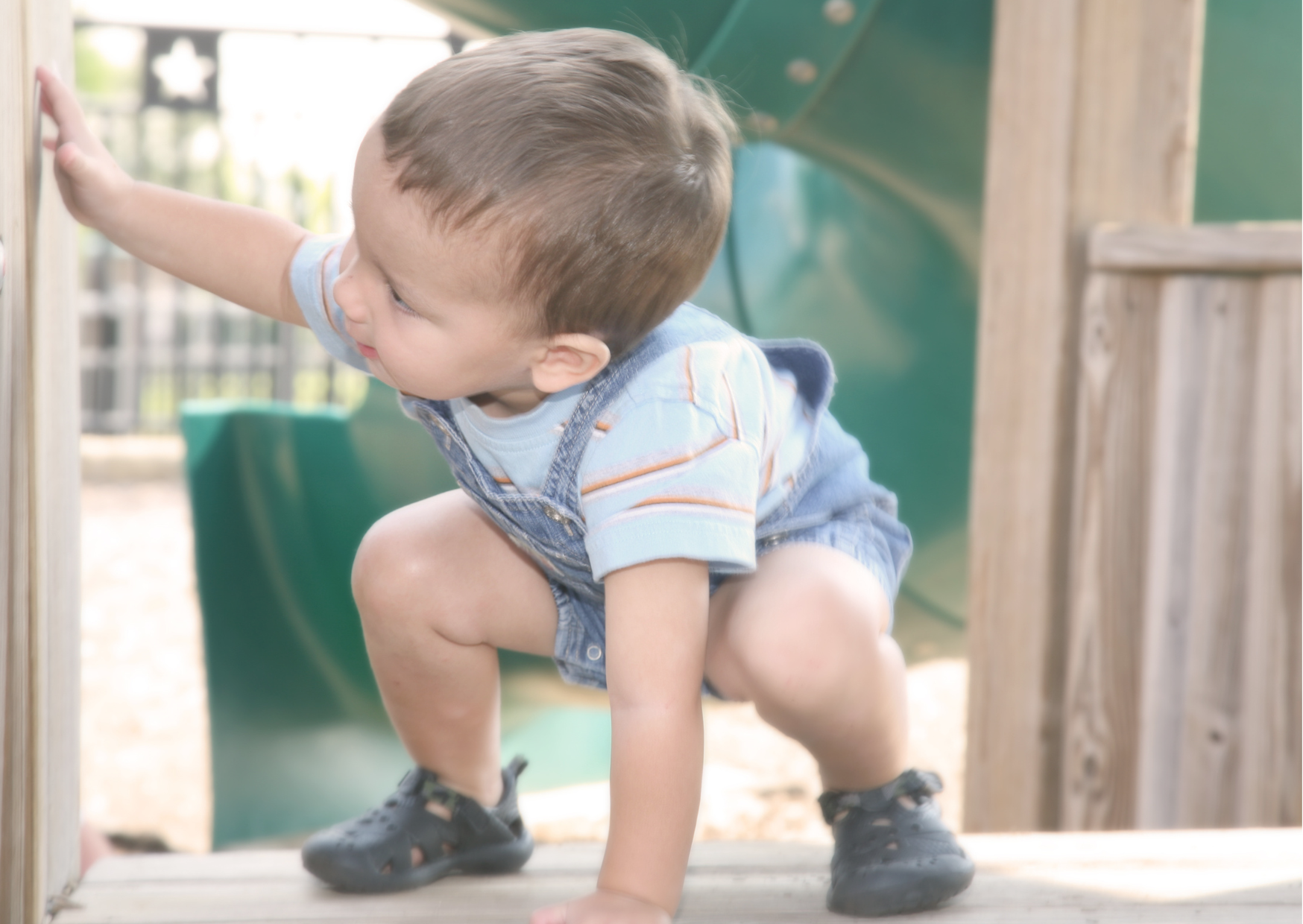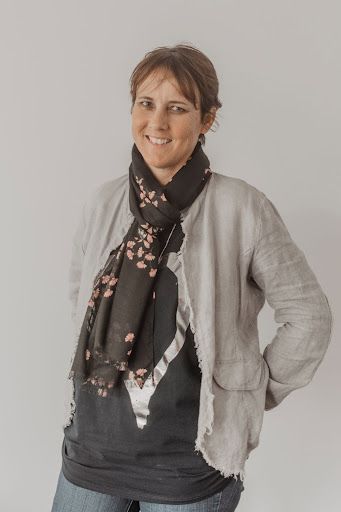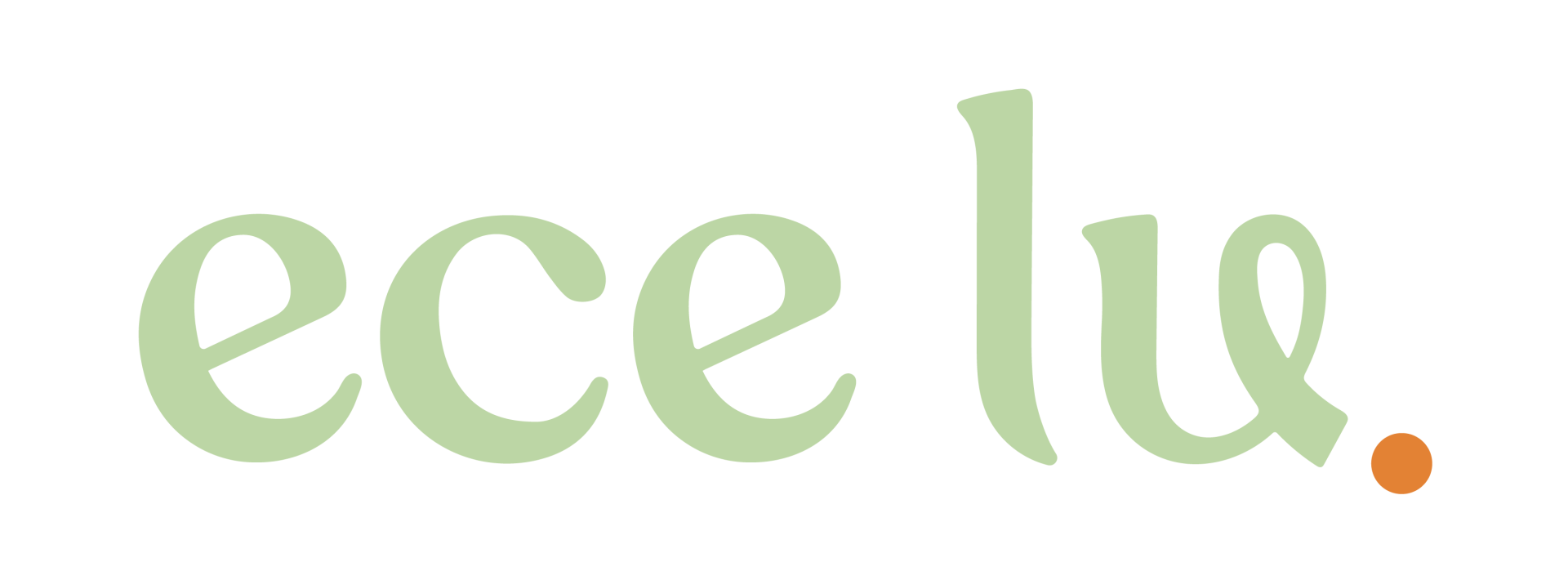
Here is an example;
“Holy C*ap this is complicated! Ummm can I do this? Can I be bothered?”
This week I had to learn how to use a new piece of software so that I could make cool You Tube videos. Now I am NOT a digital native. I was born on the far side of technology, so learning how to use software is really challenging for me. Here is what my thought processes were;
“Holy C*ap this is complicated! Ummm can I do this? Can I be bothered?”
Then I took a poke around the program, started to play around and started to think “Umm maybe I can learn how to use this. Ok I will give it a go.”
Then I thought “ I will get some help, then I will practice, then I reckon I can get better at it, so that eventually I can do it by myself.”
And that is exactly what I did.
If you put your teacher hat on and analyse my learning dispositions here you will see that I was hesitant at first and doubted my ability to learn something so tricky. So my natural attitude towards new learning was self doubt. BUT then when I gave it some time, I started to use some learning strategies to give it a go. I knew that I needed help. And I knew that if I persisted, practiced and kept trying, that eventually I would be able to achieve what I needed to do.
If you were a teacher looking at me as a child, and you were considering my learning dispositions you might say the following in a learning story about me;

“Angela today you started to learn some new skills for using software. You knew that this was going to be challenge and at first you were reluctant to try. Your first inclination was to not even attempt it. But I noticed that when given some time and space to explore, you were able to eventually give it a go. And as you experimented, asked for help, and practiced you became more confident. Your attitude and willingness to learn shifted as you developed the skills and confidence to use this new software. You began to see yourself as a competent and capable learner.”
Do you see how my learning dispositions impacted my ability to learn?
The attitudes that I have today about learning, my self belief and my willingness to try were formed in my early years and cemented over a lifetime.
You can imagine, that if I did not have the disposition or willingness to give it a try, or to ask for help, or to explore, practice and persist that it would have been unlikely that I would have learnt how to use that software. And I would have to pay someone else to do it for me. Bummer!
So for early childhood teachers, you can see why understanding children’s learning dispositions is so important. We have a HUGE opportunity to influence and support HOW a child learns. And how a child is shaping their self belief.

written by
Angela Bush
Founder & CEO - ECE Learning Unlimited & Kebudel
Bachelor of Education (ECE), Diploma of Nursing, Diploma of Teaching (ECE)
Angela is a degree qualified and registered ECE teacher, multiple ECE centre owner, curriculum leader and business manager of ECE Learning Unlimited. She is also a registered nurse.
With over thirty years in ECE and centre ownership, Angela has a wealth of experience and knowledge in successful ECE leadership and centre management.
Over the years Angela has also had roles as a lecturer in ECE, nanny, teacher, and mentor.
